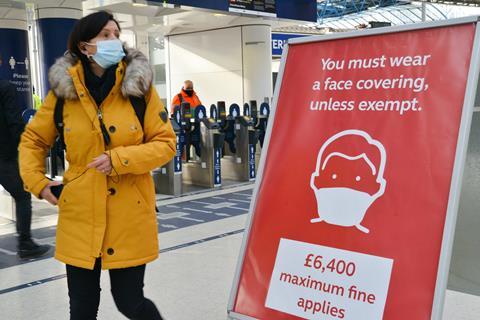The government should prepare draft legislation in preparation for future emergencies - and give to parliament to scrutinise ahead of use - MPs suggest today in a critical report on the 2020 Coronavirus Act.
The cross-party Public Administration and Constitutional Affairs Committee criticises the process by which the act was passed two years ago with only three days of parliamentary sitting time. Meanwhile the ’take it or leave it’ nature of six-monthly votes to renew the act meant MPs were unable to object to individual powers.
It found that the draft Pandemic Flu Bill, on which the Coronavirus Act was based, was never made public and received no parliamentary scrutiny.

The report also says the government should not have issued guidance for Covid-19 restrictions which overrules legislation as it avoids parliamentary scrutiny and leads to confusion amongst the public and law enforcement.
While accepting the government’s point that it is impossible to predict what a future emergency might look like, it urges the government 'to look again at the possibility of introducing a piece or range of draft legislation to allow for prior scrutiny of plans before en emergency occurs'.
Committee chair of William Wragg MP said: 'It is unsatisfactory that since the Coronavirus Act was passed, in just three sitting days in March 2020, parliament has been unable to substantively debate its provisions as was promised during its passage. Strong and broad powers such as those in the act must be accompanied by equally robust parliamentary scrutiny mechanisms, particularly in a rapidly evolving public health emergency. ’
The report recommends that the necessity and proportionality of each of the powers in the Coronavirus Act be assessed as part of the forthcoming public inquiry. It calls on the government to provide more detail on the timetable for the inquiry, stressing it should be done in a 'timely manner'.



























5 Readers' comments